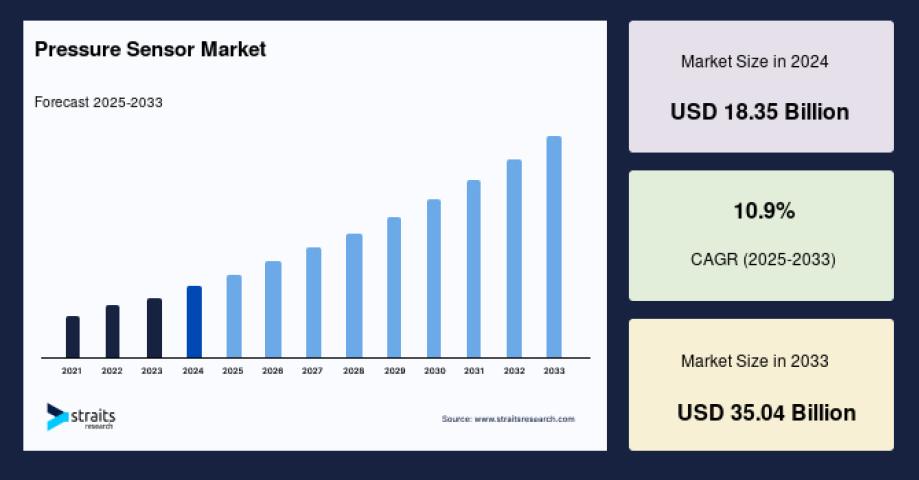Launching a startup is often an act of intuition, passion, and timing. But behind every successful venture lies something more deliberate: a solid understanding of the market it enters. Market analysis isn’t just a box to check in a business plan—it’s a continuous process of listening, observing, and adjusting. It provides the context in which innovation finds traction, and without it, even the best ideas can struggle to survive.
Market analysis allows founders to grasp not only the size of the opportunity but also its shape. Who are the key players? What unmet needs persist beneath the surface? Which trends are gaining momentum, and which are fading out? Instead of guessing where to go, startups use this information to build smarter roadmaps.
For early-stage companies, the value of market analysis often lies in its ability to narrow focus. Broad ambitions can be energizing, but they’re rarely actionable. Understanding customer behaviors, preferences, and pain points brings clarity—and with clarity comes better product development, sharper marketing, and more persuasive pitches to investors.
It’s also a way to de-risk decisions. Startups are defined by uncertainty, but informed decisions can drastically improve the odds. Whether it's choosing between markets, setting pricing, or entering a new region, the ability to interpret market signals makes a difference.
Effective analysis doesn’t require massive budgets or teams. Founders can start with conversations, public reports, user feedback, or trends from digital tools like Google Trends and social media monitoring. What matters is cultivating a habit of curiosity: continually asking, “What’s really happening out there?” and “What does that mean for us?”
Ultimately, market analysis empowers startups to move from reactive to proactive. It’s the difference between chasing opportunity and shaping it.


















